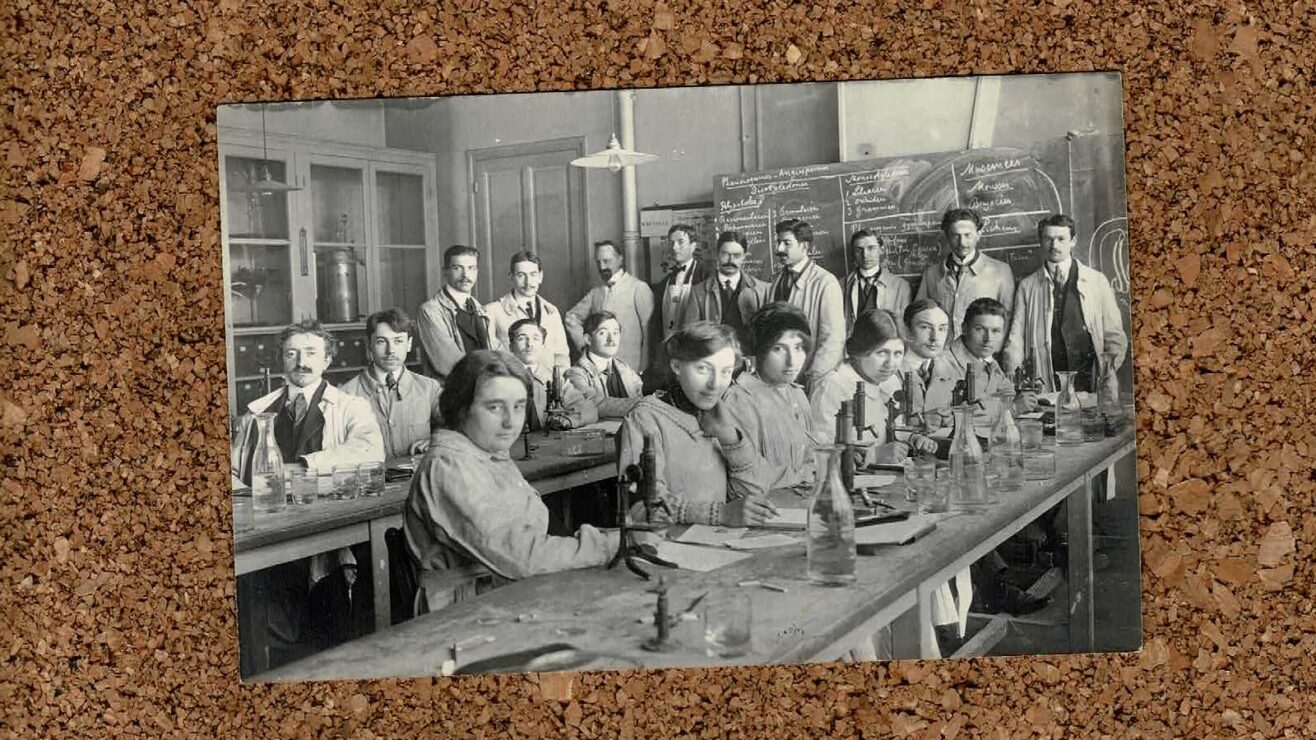The future economic, cultural, and social wellbeing of the UK is increasingly dependent on us ensuring that we develop a workforce that is flexibly skilled – to meet today’s known needs and to be able to adapt to the unpredictable needs of the next 20-30 years. We need to assess how we best integrate and adapt our education and skills pathways, to ensure that the country can respond to these changes effectively.
Continued changes to the way people work are driving profound changes and challenges to the world of skills. We are seeing patterns of employment change – with the traditional skills pyramid (with a wide base rising slowly to a peak of the most skilled) no longer being an apt model. The thinning out of opportunities in the middle of the pyramid and a growing skills gap at the peak are already features of the current labour market and this problem is only going to get worse.
Rethinking education systems
To deliver on these needs our education and skills pathways needs to adapt. The traditional linear model of a progression from school to university or FE college and then on to employment and a career is already outdated. And the pressures to reconsider this approach are growing. Educators, employers and government need to collaborate more closely to develop new and innovative partnerships and flexible learning approaches.
These changes need to touch every stage of education. We need to ensure that our school system is supported to provide the solid foundation that future careers will require. It is my view that the peculiarly British need for early specialisation is providing too narrow an education for many of our students. All students should continue to study both language rich humanities and science and maths to age 18 – such an approach should better meet the needs of the next 20 years for both individuals and employers.
Post-18 educators will have to ensure we can nimbly adapt what we do to meet the needs of our regions and the nation as a whole. We need to recognise that, whilst the initial post-18 qualification will continue to be the foundation upon which careers are built, there is an increasing need for the delivery of flexible, just-in-time postgraduate credentials and qualifications that allow movement into the new roles that the fourth industrial revolution will bring. These changes will require stronger educator-employer-learner partnerships after graduation and any changes to the post-18 funding environment must ensure that this latter element receives appropriate emphasis.
Supporting employers
For employers, whose future will increasingly depend on highly skilled and adaptable workforces, they will need to reconsider how they look to recruiting and retaining staff. As one employer recently put to me, ensuring that we work with educators to secure the staff we need for the future is as important, if not more so, than any of the other sustainable supply chains we must consider. Standing back and expecting the education and skills system to deliver what is required is not going to deliver optimal results.
As a university, Anglia Ruskin has embraced the opportunities of degree apprenticeships and with 450 starts this academic year and more than 750 planned for next, they are already becoming a central part of our education and skills delivery. Whilst the degree apprenticeship model is not without its challenges and is too rigid and inflexible to maximise the opportunities of employers and educators working together, the rapid growth that we have seen does demonstrate that an employer-educator partnership can deliver appreciable change in a relatively short time period.
In order for this to succeed, we need policymakers and government to abandon perceptions and artificial binary divides that hinder the delivery of what is required. There are many that could be included but among these are:
- the continuing setting of HE policy based almost exclusively around the traditional three year residential undergraduate degree student. While this cohort will remain important, it is but one among many and the almost exclusive policy focus on this group is already stifling innovation and change
- the consideration of academic and technical qualifications as being separate pathways. We need to drop this divide – virtually every current post-18 qualification has a mix of academic knowledge, technical skills and core generic capabilities (problem solving, teamwork, communication etc) and it is in the balance of emphasis and level they differ, rather than in the absence of the three elements. In doing this, we would help to ensure that we have a system that is both better able to meet need and to allow migration between careers.
There is a real willingness among many I work with to redesign what we do to ensure that we can address the challenges of the next 20-30 years. But, to succeed, we need government to adopt a lifelong skills approach and embed regionally-driven educator-employer partnerships into policy.
The Universities UK report, Solving Future Skills Challenges, is available online.














The saddest thing about this is its completely impoverished lack of imagination. Thinking about 20 years time, the answers is basically, dunno, but we need to train people for it. Probably the same thing VCs were saying 20 years ago. Looking forward to the University VC who acknowledges the ‘universe’ in University, and takes leadership seriously enough to think about shaping the future, and simply second guessing and responding to it. So to start, lets find us a VC who says, rather than ‘we will design people to fit the world of work’ , instead ‘we will design a world… Read more »